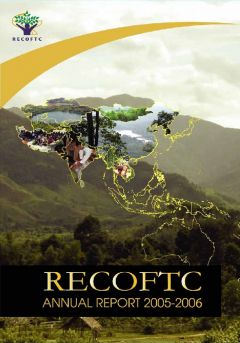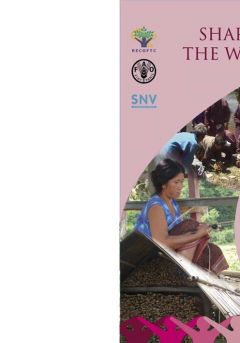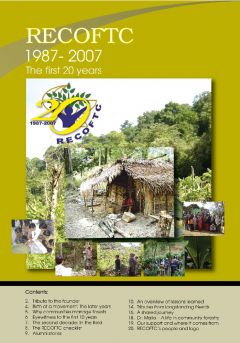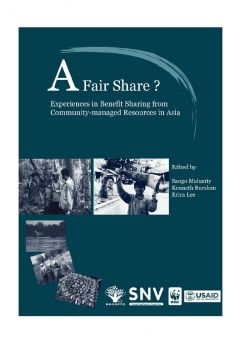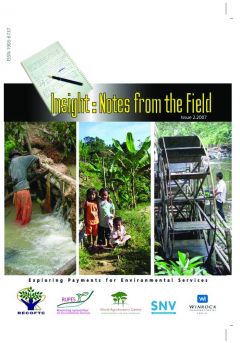RECOFTC Annual Report 2005-2006
"Twenty years ago when RECOFTC was born, community forestry was just emerging onto the global scene as a viable policy option to restore degraded forests and to provide livelihood support for local communities living adjacent to forests. These two objectives remain today, but to them has been added a plethora of other objectives including poverty alleviation, environmental services, equity and governance to name just a few. In short, community forestry, along with other forms of forestry, has become more complex."
Summary

